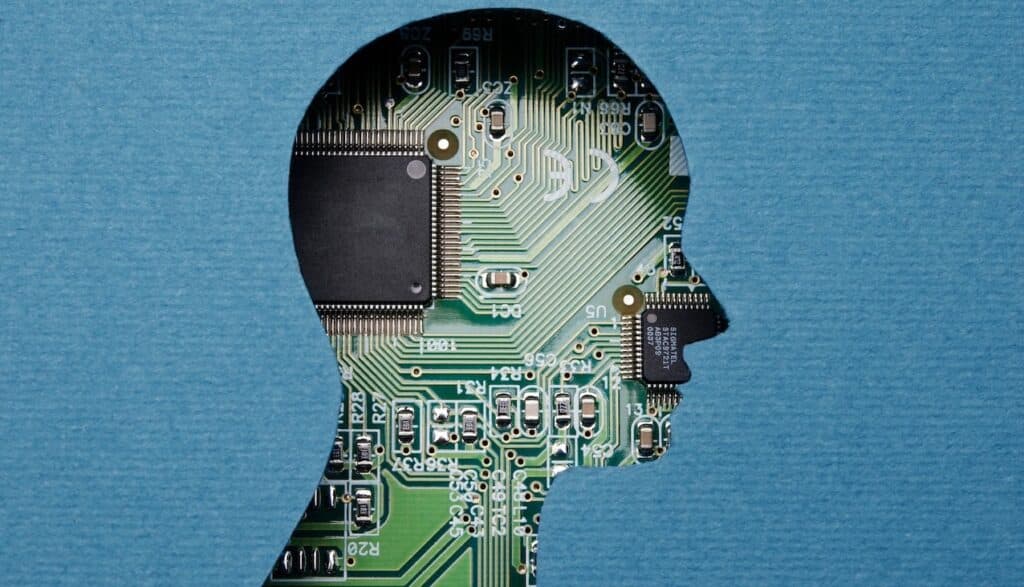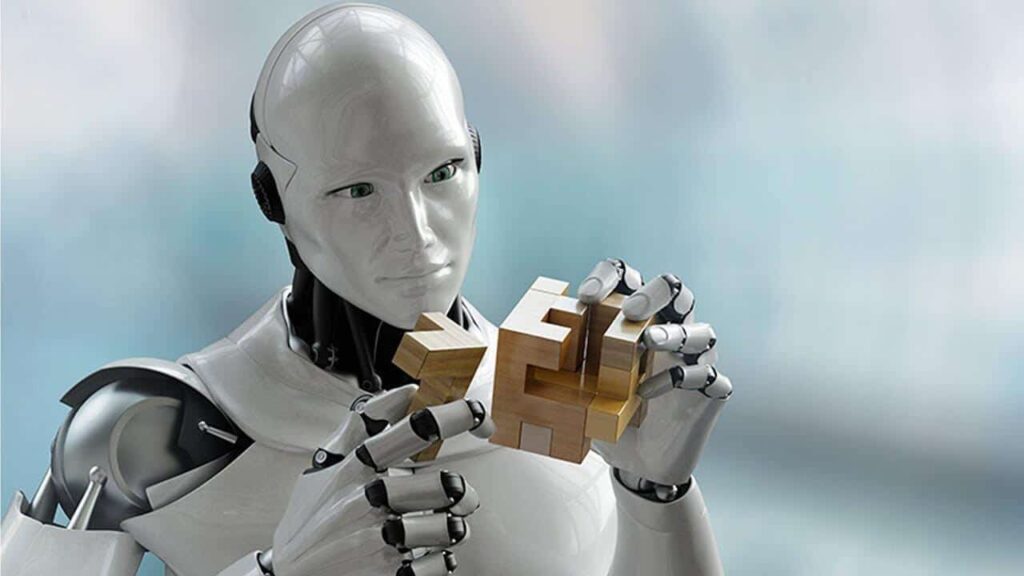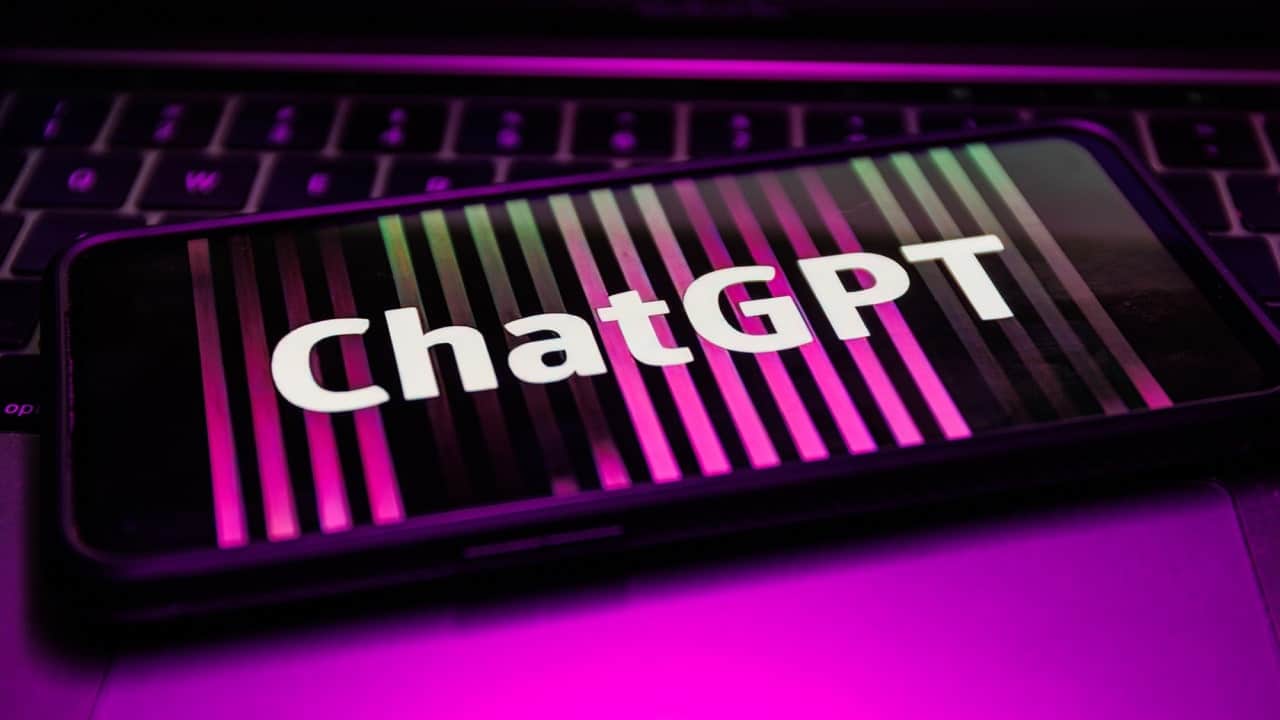Many schools fear that ChatGPT on OpenAI can help students cheat on tests, but What grade would the chatbot get if it took an exam at university? Don’t expect praise, but the AI would know graduated in Law and Economics. At least according to two independent studies done by university professors, who passed the bot on exams.
Try Bitdefender Now, Among the Best Antivirus
ChatGPT would pass the university exams, but without honors
In a just-released study, law professors at theUniversity of Minnesota have submitted ChatGPT to the exams of four courses of their faculty. The AI surpassed all four, but with one average grade of C+. Which is not bad: many students would sign for a vote of 24-25/30. But it’s not the genius response you’d expect from artificial intelligence.
In another recent study, the professor of the Wharton School of Business Christian Terwiesch found that ChatGPT passed a business management exam with a grade from B to B-. A 27-28 that would please most apprehensive parents instead. But still a long way from praise.
Although several users have used ChatGPT to create “virtual girlfriends”, write Nick Cave-style songs, many have spoken about the risk of students passing tests and exams with AI. But it seems that at most ChatGPT can help not be rejected, rather than taking scholarships away from the brightest students.
Too hit and miss

The researchers noted that the OpenAI tool is not consistent enough in answers, not to pass university-level exams. Professors in Minnesota explained that ChatGPT was good at addressing the “basic legal rules” and in summarizing doctrines at a theoretical level. The AI has though failed when it tried to pinpoint the issues relevant to a specific case. He knows the theory, but he can’t put it into practice.
Terwiesch said the generator was “amazing” with simple questions about operations management and process analysis. However, he remained vague and inaccurate on advanced process questions. He even has made mistakes with math that middle school students can handle.
In short, the robotic student is good, but he should apply himself more. The Minnesota professors said students could do better by customizing the inputs, feeding more data to ChatGPT than just asking questions. cWith the help of a student capable of framing the question better, they could get better gradesthe. At Wharton, Terwiesch explains that the bot was able to modify responses in response to human coaching. So he could not pass an exam or write an essay by himself, but a student could use it to answer in a general way and then refine the answers.
Try Bitdefender Now, Among the Best Antivirus
Create exams that AIs can’t pass
If that’s true AI alone cannot do better than 30 cum laude students, it seems proven that he can pass university exams. At least the way they are structured now. In fact, both faculties advised against trying to limit the use of technology by making sure that no students can use their smartphones. Rather, the professors they should create AI-proof exams.

Modifying the questions could discourage the use of AI: for example focusing on analysis rather than reciting rules. More practice, therefore, and less theory. This would encourage the study of “fundamental skills” rather than leaning on a robot for help, explains the University of Minnesota.
Both schools thought however that ChatGPT shouldn’t be banned from the classroom, quite the contrary. Professors could teach pupils how to rely on AI in the workplace or even use it to write and mark exams. The technology could save time that could be spent on students, explains Terwiesch. For example, by fueling classroom discussions and making more time for student meetings.
The invitation is not to completely distrust or completely rely on technology. Considering ChatGPT as a tool – not as a substitute for a student.















Leave a Reply
View Comments